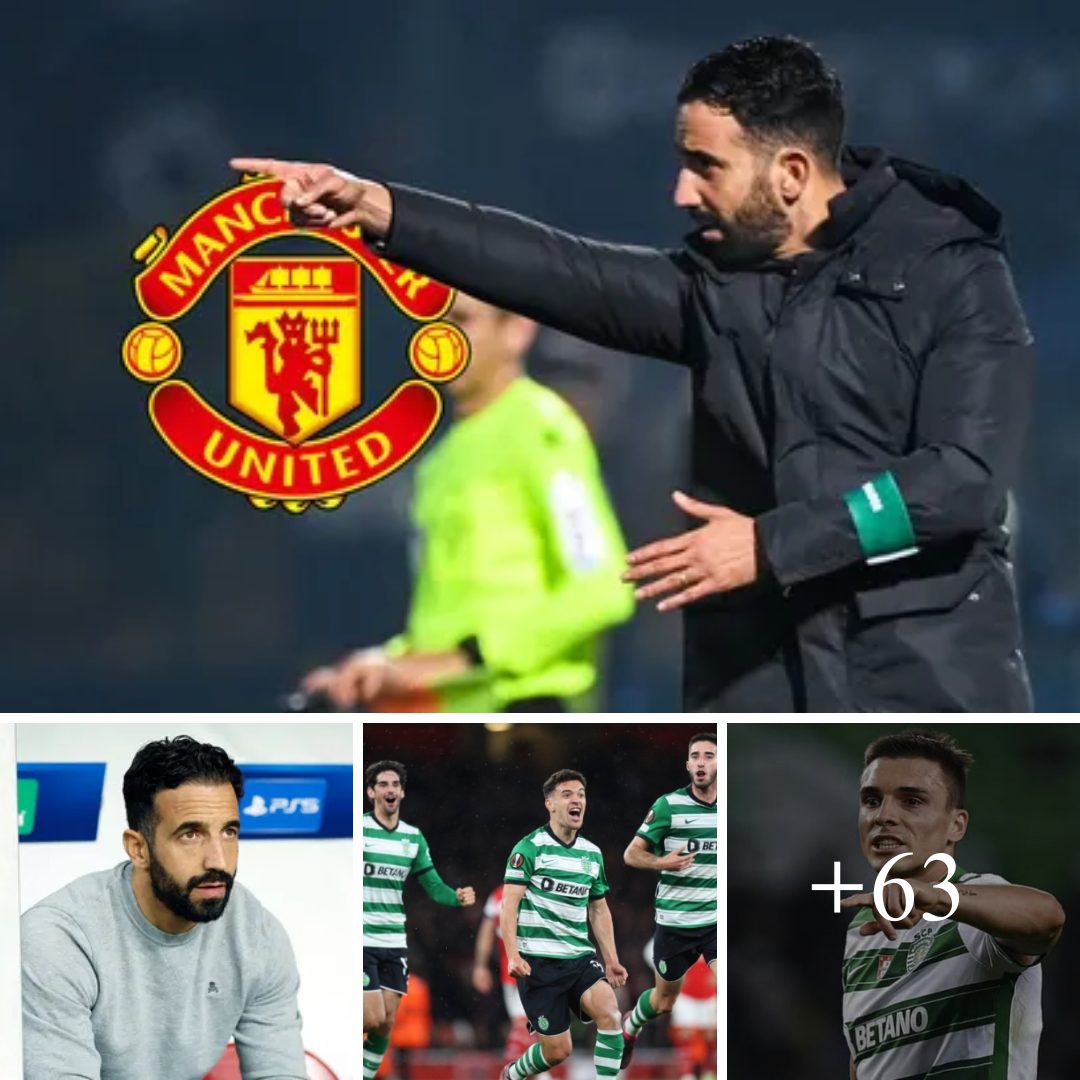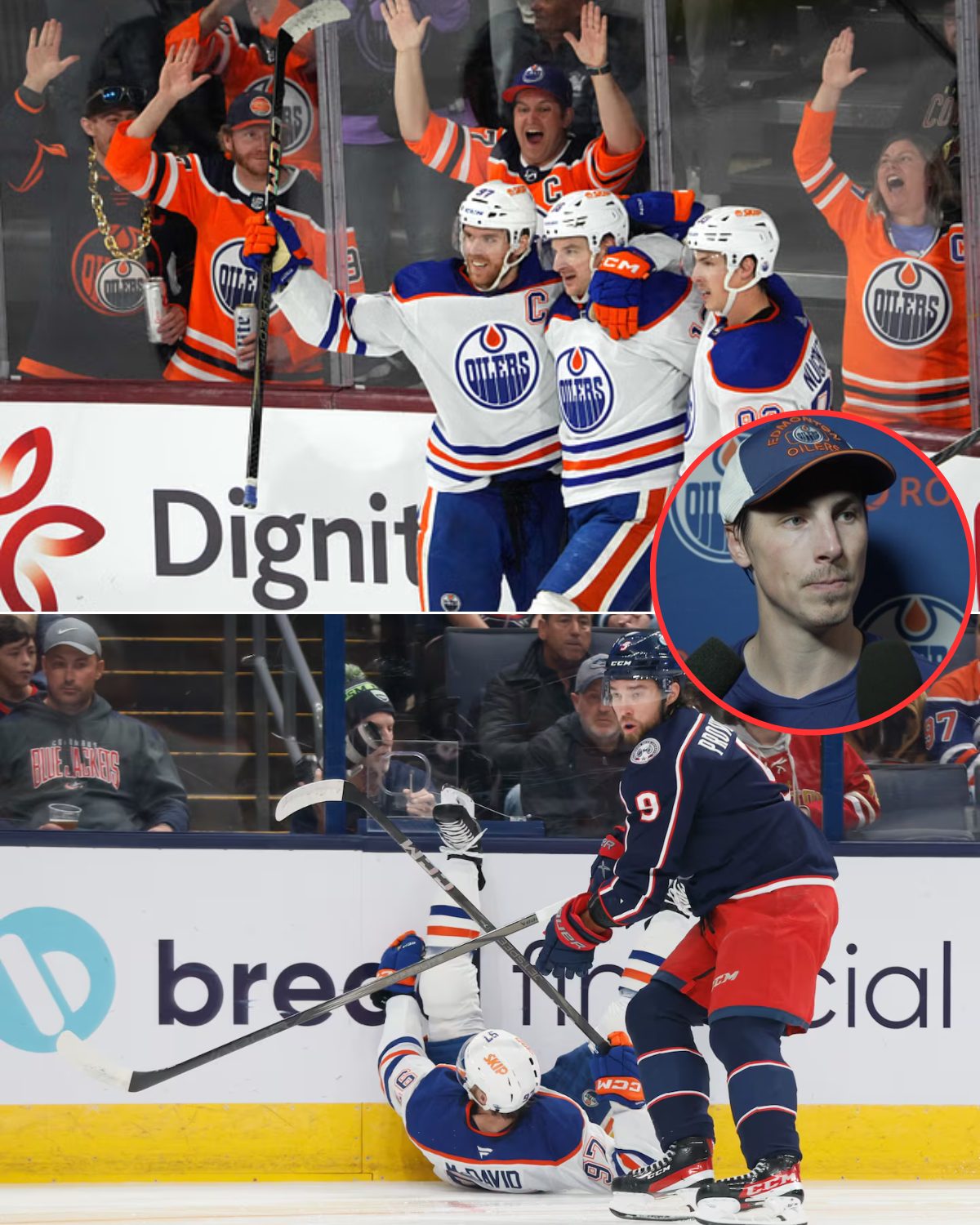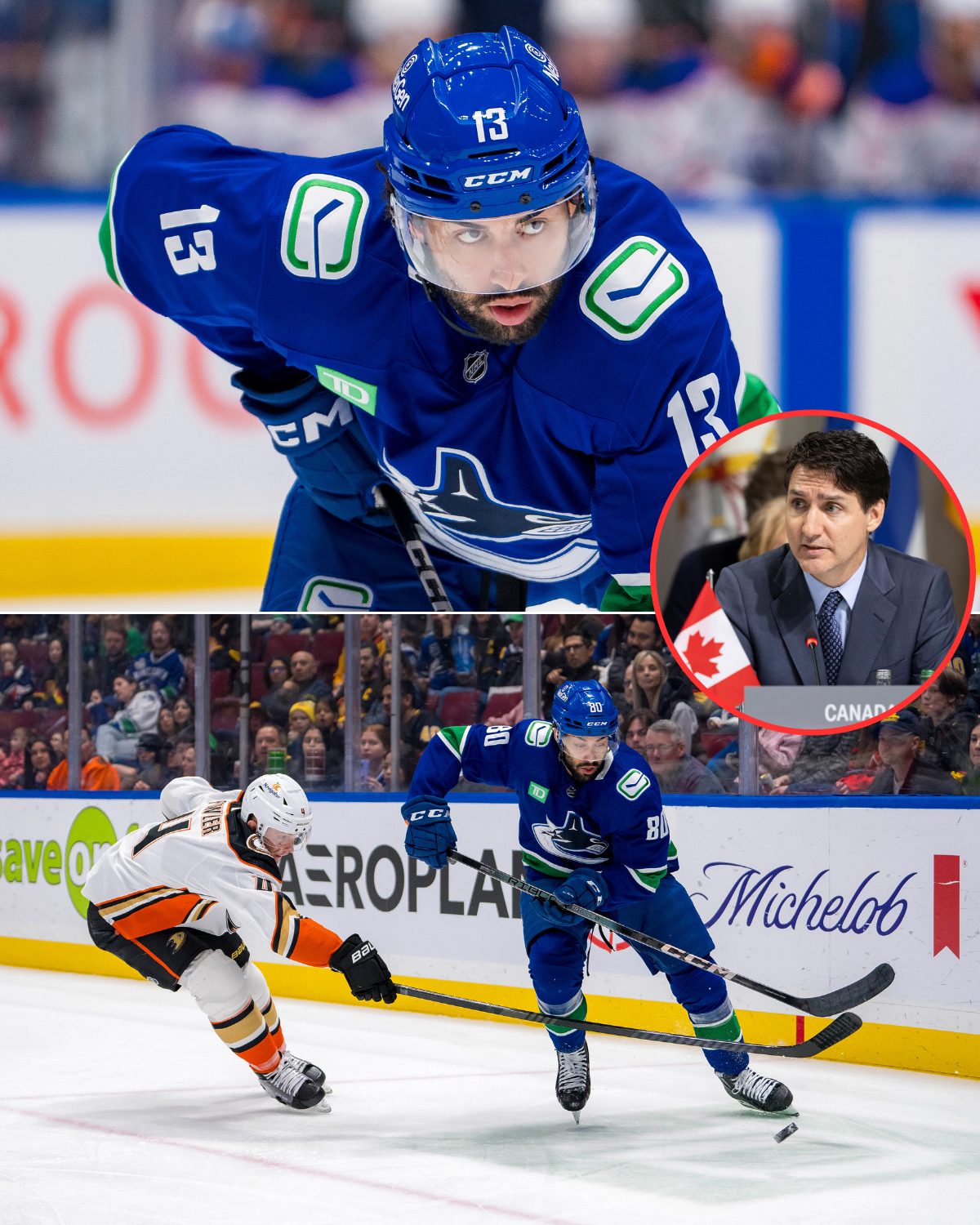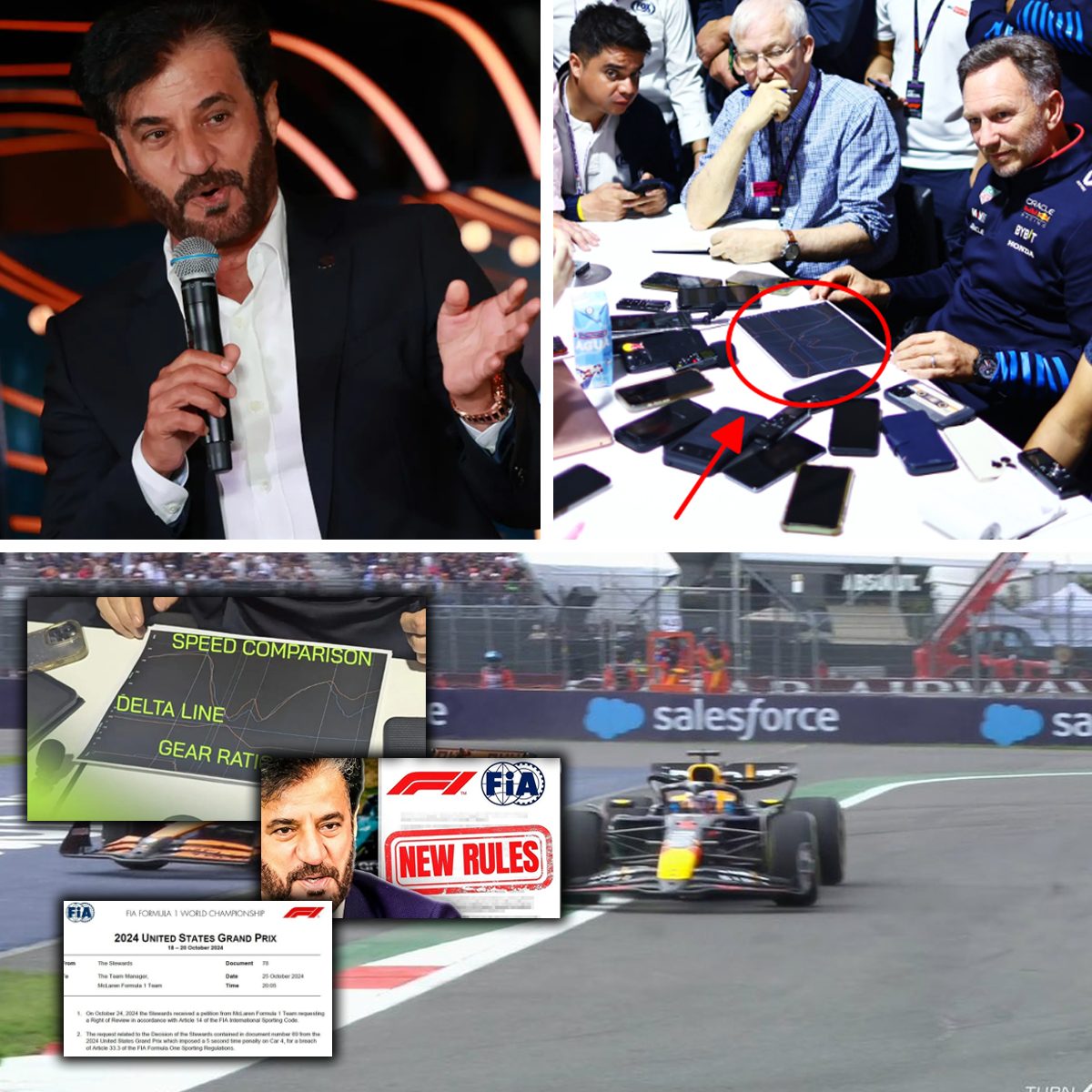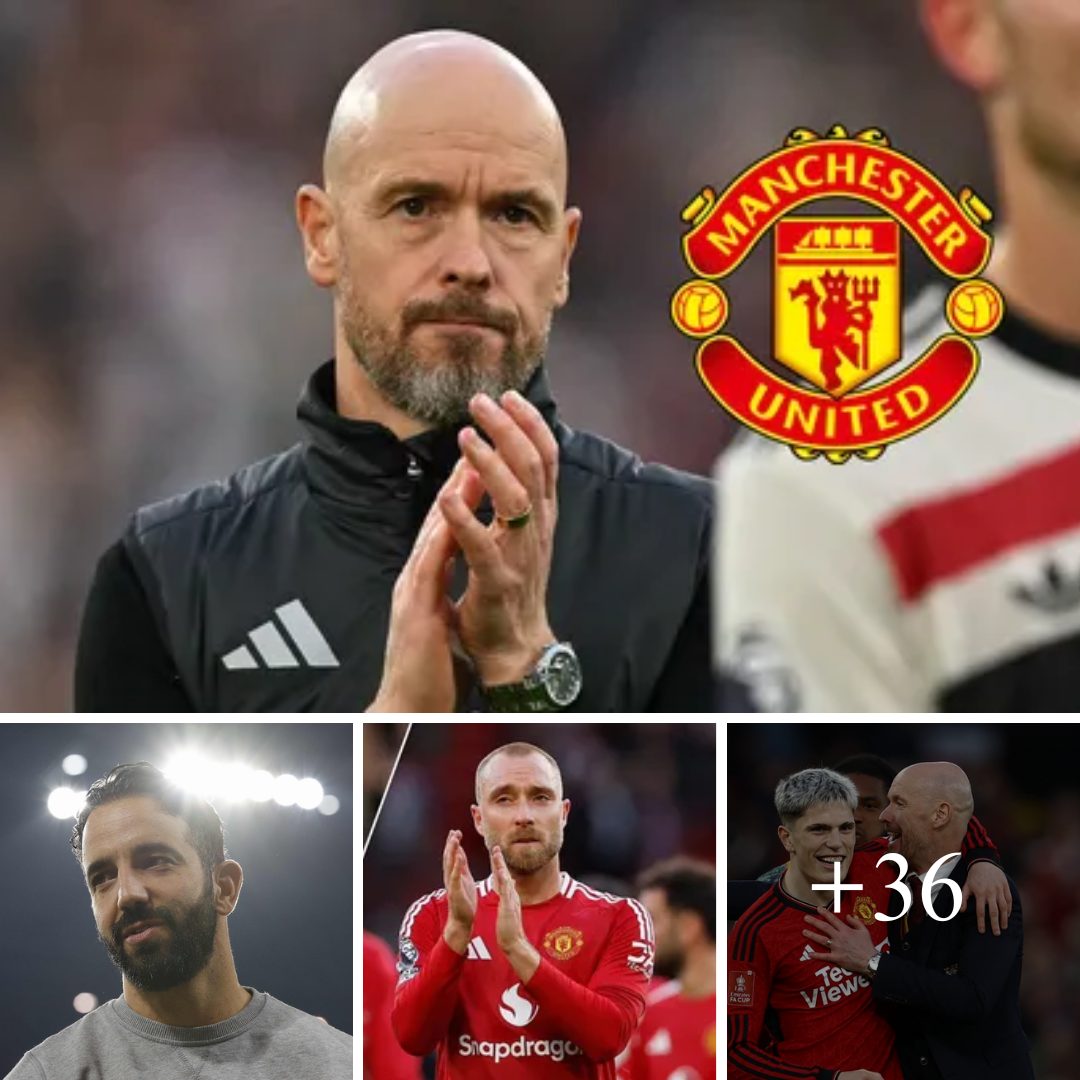Jürgen Klopp may struggle luring players to Anfield, while club may need to tap into new streams of income after Champions League failure

If Jürgen Klopp planned to sugar-coat the consequences of Liverpool’s missing out on Champions League football next season, Mohamed Salah did not get the memo.
Seconds after Manchester United secured their top-four spot, guaranteeing Thursday night football at Anfield in 2023-24, Salah issued a scathing assessment of Liverpool’s performance via his social media.
“There’s absolutely no excuse for this,” Salah wrote. “I’m totally devastated. We had everything we needed to make it to next year’s Champions League and we failed. We are Liverpool and qualifying to the competition is the bare minimum. I am sorry but it’s too soon for an uplifting or optimistic post. We let you and ourselves down.”

Evidently the prospect of an alluring Europa League final in Dublin next May offers no consolation for a player whose self-esteem considers anything but Uefa’s elite competition an unedifying comedown.
The timing of Salah’s catastrophising was a little odd given Liverpool have been preparing themselves for Champions League exile since they fell 12 points behind the top four in March, their late rally keeping a glimmer of hope flickering until it was extinguished last weekend. United and Newcastle cementing their spots in the past few days is hardly a shock to the system.
But Salah’s emotions underline one facet of the problem Klopp and Liverpool face as they seek an instant recovery. Despite Klopp’s insistence that he is not interested in players who see Champions League participation as a deal-breaker in transfer talks, many do.

Klopp must turn on charm offensive to lure big names
Liverpool’s summer targets are well-documented, Chelsea’s Mason Mount and Brighton’s Alex Mac Allister on the wishlist, so Klopp will have to be at his most charming to convince such players that the Anfield exile will be brief, especially as Premier League rivals are armed with the advantage of those prestige nights and hefty salary bonuses for Champions League progress.
It remains to be seen if Klopp’s targets take a short-term view and consider one year out of the Champions League intolerable, or consider the merits of a five-year contract during which Liverpool will surely return under Klopp’s guidance.
Such is Klopp’s and Liverpool’s pulling power, for every player who considers the club’s absence makes them unattractive, there are countless others who will wish to get on board a train which started moving again in the last two months.

There are a vast number of examples which show that smart Anfield transfers are not exclusive to them being Champions League participants.
A week ago the Kop waved goodbye to a modern legend, Roberto Firmino. When he signed in the summer of 2015, Liverpool had just finished sixth and had qualified for the Champions League once in the previous six years.
The following summer Sadio Mané joined after a campaign in which Liverpool had not qualified for Europe at all.
On the hand, the game-changing deals for Salah, Virgil van Dijk and Alisson Becker – the players who turned an emerging team into Champions League and Premier League winners – followed the improvement which allowed Klopp to lead Liverpool back into the premier competition in 2017, the Merseysiders being ever present since then. Van Dijk and Becker would not have been affordable without top-four status.

FSG face sobering and depressing hit
The scale of the financial hit Liverpool will take next season is stark. Over the last six years, Liverpool have earned just shy of £500 million in assorted Uefa prize money and broadcast revenues. They earned £102 million for reaching the final in 2022, and even the last-16 exit in 2023 could yield an estimated £80 million. That is around £60 million more than this year’s Europa League winners can expect, so serves as the starting point for how much Liverpool have lost by finishing fifth.
For American owners Fenway Sports Group, already seeking external investment, the loss of such revenues are sobering and depressing and unless they have a series of Manchester City-style commercial deals on the immediate horizon there is bound to be some impact on spending, whether it is managing salaries or ensuring the transfer kitty does not exceed what the club is earning.

Despite Liverpool’s success in 2021-22, when they played every conceivable fixture in a 63 game season, they announced profits of just £7 million.
That is because much of the Uefa winnings were re-invested, players’ contracts extended and including bonuses based on appearances and trophy success, especially in Europe.
Unlike in 2015 when Brendan Rodgers’ side dropped out of the Champions League, Liverpool’s payroll now includes senior players such as Salah and Van Dijk on deals in excess of £300,000 a week which reflect their stellar contribution and the club’s Champions League status, the anticipation when they signed long-term deals being the Uefa cashflow would remain intact.
The longer a club is exiled from the Champions League, the harder it is to sustain one of the highest wage bills in Europe. That makes an immediate return even more important.
After a prolonged upward trajectory, the 2022-23 season has been Klopp’s toughest and least rewarding.
Salah may feel no immediate cause for optimism, but one need only look at how Arsenal responded to their despair when missing out on the Champions League in the final week of last season to see how swiftly a high-class squad can recover.
